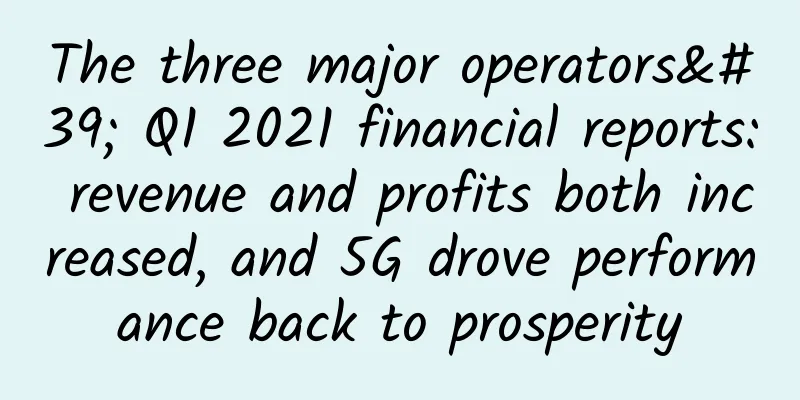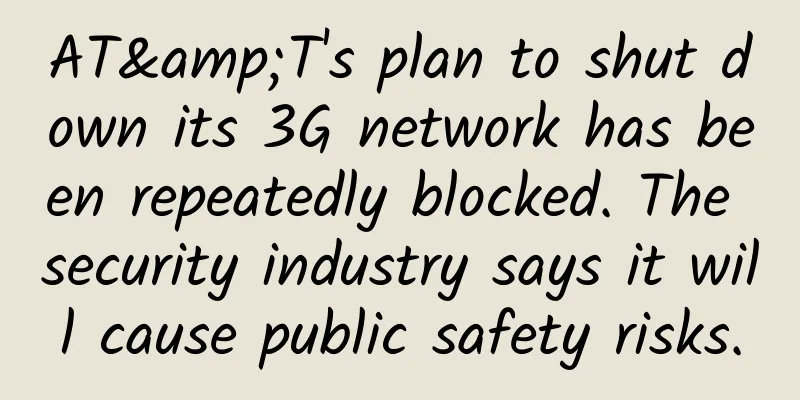The 7 most in-demand tech jobs of 2018 — and how to hire them

|
From data scientists to data security experts, the war for IT talent is set to rage next year. Here's what you should look out for when hiring for the seven most in-demand positions of 2018, and how much you should offer based on experience. As companies rush to adapt to a modern workforce, they're doing everything they can to attract high-tech talent. For some companies, that could mean getting a head start on filling next year's most in-demand job openings, from data-focused positions to security-related roles, according to the 2018 IT Salary Report from Robert Half Technology. The survey also shows the average salary for each position based on experience. While Robert Half Technology acknowledges that many things can influence a company's starting salary, including competition, location, corporate culture and budget, there are things you can do to ensure you're finding top talent. Here's a look at seven jobs expected to be the most in-demand in 2018, the skills and experience expected of you, and the average salary you'll need to pay to stay competitive. The seven most in-demand tech jobs of 2018
1. Business Intelligence Analyst Business intelligence analysts need experience with database technology, analysis, and reporting tools; companies typically look for candidates with a bachelor's degree in computer science, information systems, or engineering. You'll want to hire someone with the right skills to understand your business data needs and then communicate that data to stakeholders. This is an increasingly important position because business needs will depend on the collection and understanding of data. Desired skills and experience:
2. Data Scientist While you need a business intelligence analyst to help understand and communicate data patterns, a data scientist is someone who helps collect, process, and analyze data. A data scientist should also be skilled in communicating those findings and recommending them to others in the industry. Desired Skills Experience:
3. Database Developer When hiring a database developer, you need to look for someone with analytical and problem-solving skills. Since they will be responsible for developing and managing the enterprise database, it is important to have a clear understanding of what skills you expect and what type of developer will best fit the need. Desired skills and experience:
4. Help desk or support desk technicians For customer-facing businesses, the help desk is an essential component of running an efficient business. As the first line of defense for customer service and troubleshooting, help desk staff need to have the right technical and soft skills. Robert Half Technology breaks down technical support staff positions into three levels because job descriptions and requirements can vary by business. Desired skills and experience:
5. Network Administrator Network administrators deal with LAN/WAN protocols, software, and hardware. They spend a lot of time troubleshooting and are often on call in case of emergencies or outages. The experience you require will depend on how extensive your networking needs are, but there are certain skills and certifications that can help you find the best fit. Desired Skills Experience:
6. Data Security Administrator Handling large amounts of data requires a focus on security to protect your business, employees, clients, and customers. A data security administrator is responsible for defining network security requirements, ensuring all security measures are up to date, monitoring security practices across the company, and enforcing security policies. Desired Skills Experience:
7. System Administrator Like most jobs in IT, system administrators should demonstrate strong problem-solving, communication, and analytical skills. But system administrators also have a solid technical understanding of company-specific hardware and software. Your needs for system administrators depend on the services, hardware, and software you rely on. Desired skills and experience:
|
<<: 8 technologies that are changing IT services
>>: Seven IT salary and hiring trends for 2018
Recommend
[11.11] UFOVPS 30% off, top up 200 yuan and get 20 yuan, Japan/Hong Kong CN2 GIA/US high defense optional
UFOVPS has launched a promotion during the Double...
5G makes online and offline retail interesting again
5G can bring technology and innovation into the e...
Talking about my cold thoughts on SD-WAN on the crater
SDWAN will be the most valuable investment outlet...
SoftShellWeb December Special Package, Netherlands/San Jose/Taiwan VPS monthly payment of $9.99
SoftShellWeb has released a special package for D...
Deepin Technology participated in the national highway video networking work research meeting
On November 28, 2019, in order to accelerate the ...
Are there many pitfalls when porting your number? These users can't even do it
In the week since the black hole photo was releas...
Delisted from the New York Stock Exchange! The three major operators gave a "cold" treatment, and the Ministry of Commerce and the China Securities Regulatory Commission responded with a "response"
Affected by the New York Stock Exchange's dec...
10gbiz: 50% off, starting from $3.44/month, Hong Kong CN2 GIA/Los Angeles CN2 GIA/AS9929/large hard disk VPS optional
10gbiz is offering a 50% discount on all VPS host...
5G bearer standards are not unified, and the three major operators have different paths
The so-called 5G commercialization requires beare...
10 times faster than 5G, are you ready for 10G communications?
The 2022 Winter Olympics will allow everyone to e...
Huawei focuses on intelligent scenarios in five major industries and releases new products in the F5G-A series
During Huawei Connect 2024, the All-Optical Summi...
There is no problem in reaching 56% 5G penetration rate in the 14th Five-Year Plan
Zhang Yunyong, member of the National Committee o...
Summary information: HostMem/51Cloud/Qingyun Internet/TTcloud/Asia Cloud/Qimi Cloud
July is already halfway through, and the hot summ...
State Council: Promote broadband "speed increase and fee reduction" to improve people's "sense of gain"
The State Council Executive Meeting reviewed and ...
Just now! The Ministry of Industry and Information Technology issued 5G commercial licenses today. What are the uses of 5G licenses?
[[267345]] 5G has become a hot topic among people...









